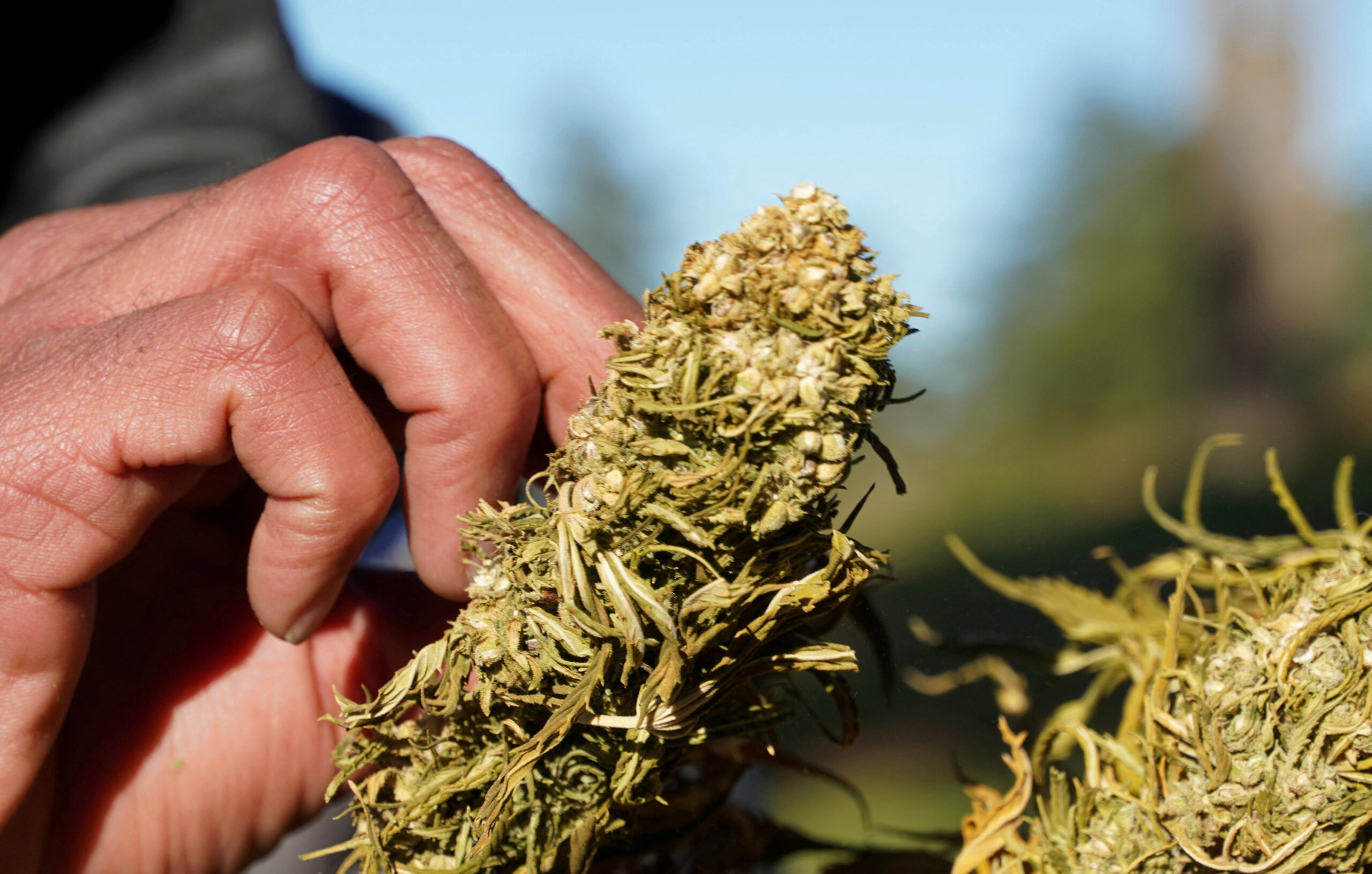Indigenous Tribes Expand Presence in U.S. Cannabis and Hemp Sectors
LOS ANGELES- A recent analysis by the Indigenous Cannabis Industry Association (ICIA) and law firm Vicente LLP reveals that approximately 26% of the 358 federally recognized Indigenous communities in the continental United States are now engaged in cannabis or hemp programs. This marks a significant development in tribal economic initiatives, with over 100 tribal cannabis and hemp programs identified across the country.
Since the establishment of the first regulated Indigenous cannabis storefront nearly a decade ago in Washington State, numerous sovereign Indigenous communities have developed unique regulatory frameworks to oversee cannabis cultivation, production, and sales. These initiatives have contributed to job creation, community development, and broader industry growth within tribal lands.
The expansion of tribally owned cannabis businesses is evident, with a 24% increase in such enterprises since May 2024. Currently, approximately 10% of the 574 federally recognized Native American tribes operate recreational or medical cannabis dispensaries.
However, the journey into the cannabis industry has not been without challenges. Instances of mismanagement and financial disputes have arisen, underscoring the complexities tribes face in navigating this sector. These experiences highlight the importance of transparent partnerships and robust regulatory oversight to ensure sustainable and beneficial outcomes for tribal communities.




































